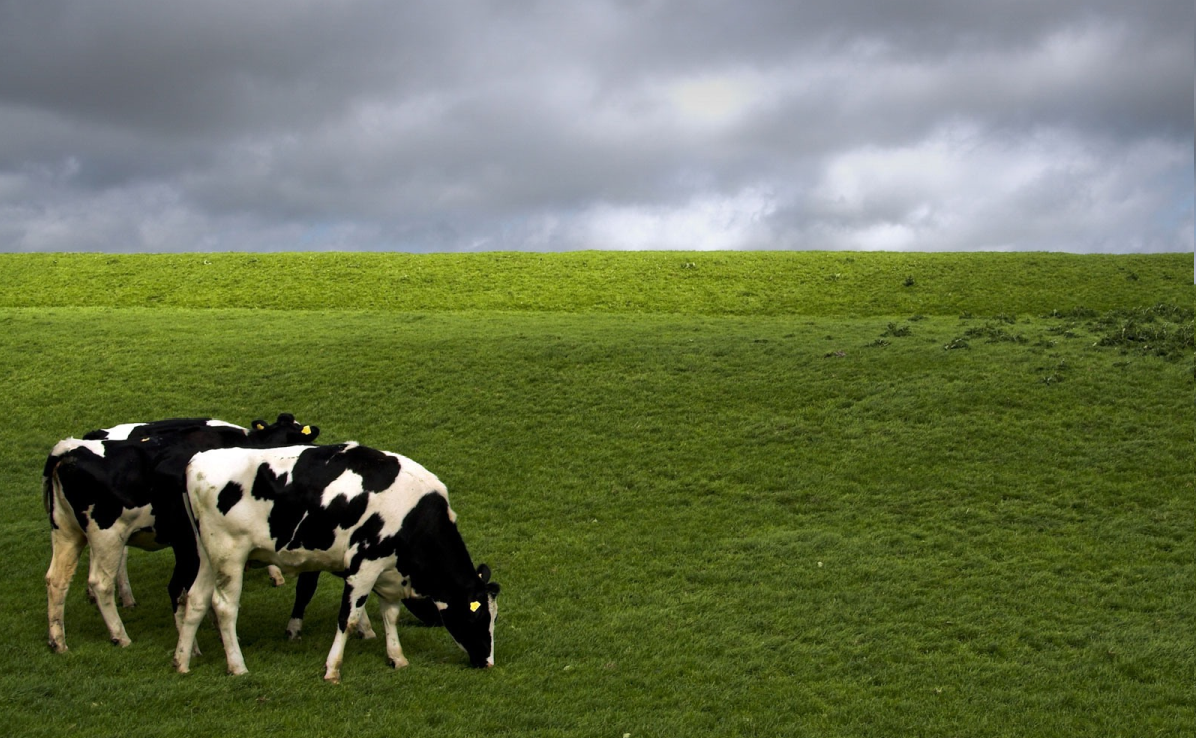
The early arrival of support payments for UK dairy farmers must not divert attention from questions surrounding the delivery of other vital funding, says an expert at the UK200Group of independent chartered accountancy and legal firms.
Defra announced this week that the cash boost for dairy farmers would appear in bank accounts from Monday (16 November) – two weeks ahead of schedule. The support comes amid difficulties linked to the global volatility of milk prices and is delivered by the Rural Payments Agency (RPA). It will continue through November and December as part of a £26.6m package.
Basic Payment Scheme (BPS) funding, however, is less clear. RPA said this week it was ‘on track’ to make the payments. Previously, the NFU has raised doubts about progress, citing the requisite checks and transfers that must be completed before payments can begin.
John Thame is chair of UK200Group’s Agriculture Industry Group and shares concerns over delivery. He said: “The RPA announced this week that it was ‘on track’ to make full payments ‘as soon as possible’ – making the majority of payments in December and the ‘vast majority’ by the end of January.
“While we must take that at face value, it is right to remain cautious. Indeed, a cynic may be forgiven for thinking the RPA has left room for manoeuvre in the broad wording.”
Mr Thame, partner at chartered accountants Ellacotts, added: “As the projected timelines grow nearer, there are still too many uncertainties and variables about the progress of BPS claims.
“The early arrival of support payments is welcome, but we should not lose sight of the fact that there must be concurrent transparency with regard to BPS. If delivery is going to prove a problem, there should be forewarning. Only with clarity can farm enterprises – already dealing with auto-enrolment and National Living Wage – make the necessary contingency plans.”
